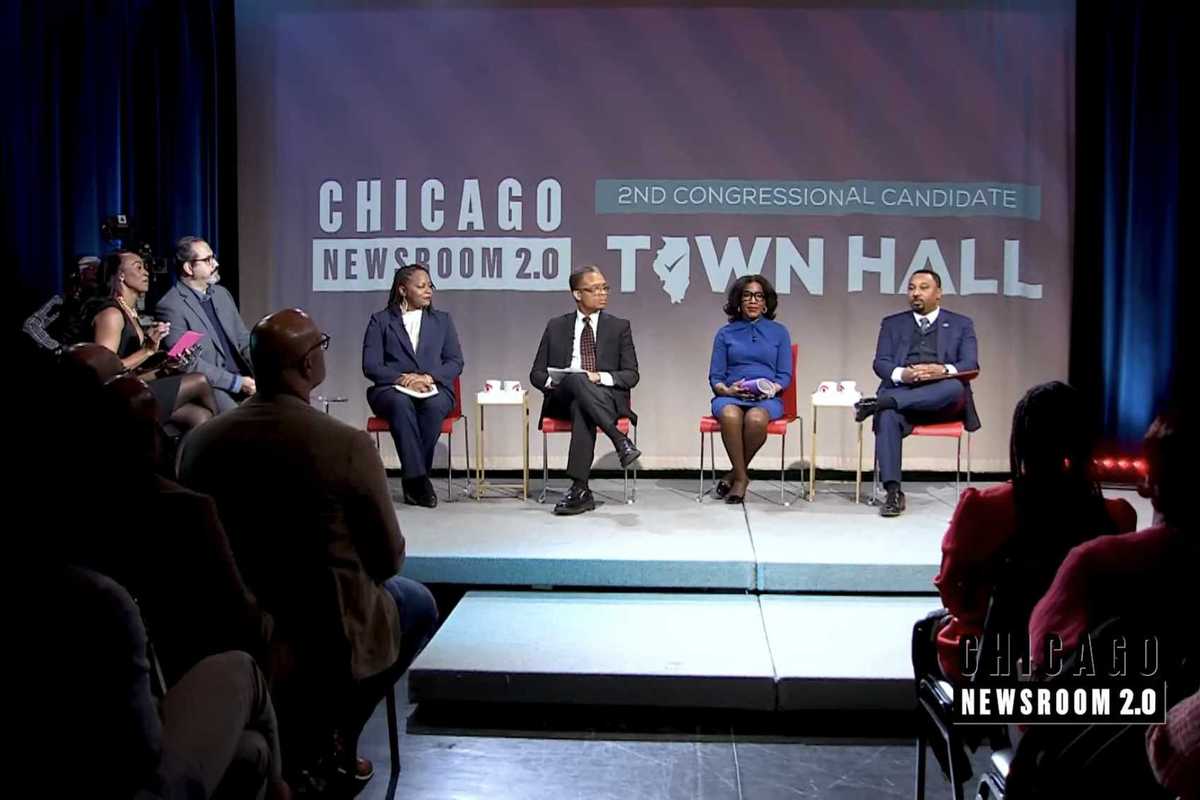Former Congressman Scott Klug was startled earlier this year when a couple cornered him in the cereal aisle of a local grocery store. The same thing happened earlier that week in the line of a movie theater. The first Kevin McCarthy fiasco was driving Wisconsin voters to despair.
The first couple were Democrats. The theater stalker, a Republican. Their questions were phrased with the same sense of exasperation.
“Who elected these people? The Republicans are running around the country trying to ban middle school books and the Democrats are trying to take the stove out of my kitchen,” he told us they asked him.
Those conversations prompted the one-time tv reporter to return to both his journalism roots, and more importantly his political roots.
In 1990 he ran as a moderate Republican championing term limits and in a shocker defeated a 32-year incumbent Democrat incumbent. During his eight years in Congress, he racked up the third most independent voting record in Wisconsin politics in the last 50 years.
True to his term limit pledge he walked away.
In late September he launched a podcast to shine a spotlight on the oft ignored political center. “Lost in the Middle: America’s Political Orphans” is storytelling highlighting what he describes as seventy-one million bewildered, frustrated voters.
“The podcast was born,” Klug recently told Madison Magazine, “out of the sentiment that a wide swath of the American public, myself included, can’t figure out how in the hell we got to this place. And more importantly, is there a way for us out of it.”
His early episodes have received rave reviews across the political spectrum. “Hell of a lot of fun; great storytelling”, wrote former Buffalo area Republican Congressman Jack Quinn. “A breath of fresh air in an all too toxic world”, wrote California Democratic Pollster Paul Maslin. “Here’s a nice break from all that” . To read more about the background of the stories and the show’s creators, please visit www.LostMiddle.com.
Understand this is not a political talk show. These are long format journalism pieces that are more like a 60 Minutes, or a 20/20 episode.
“With the new Kevin McCarthy train wreck, I think your readers will be intrigued by Kevin McCarthy’s own thoughts”, Klug said. “We interviewed him in our first episode. Oh, not that Kevin McCarthy,” he said with a laugh.
“Kevin McCarthy is a county board member and radio DJ we interviewed in our first episode on the politics in Rockford, Illinois, a little noticed bellwether that has voted for the winning Presidential candidate in seven of the last eight elections.”
Today we are making the first story available to our readers. We will offer new episodes in the coming weeks.
Here is a brief description of the first episode
Episode One: America’s 71 bewildered Political Orphans.
44% of voters describe themselves as centrists, but why is nobody listening to them? But we do, finding a ton of them in Rockford, Illinois a blue collar city that has voted for the winning President in 7 of the last 8 elections. Focus group guru Frank Luntz discusses what he calls common sense votes. And finally we tell you about a bi-partisan speaker election (what a concept, huh?) in Columbus, Ohio.




















